Hot Products
- Lavender Essential Oil
- Jasmine Essential Oil
- Rose Essential Oil
- Ylang Ylang Essential Oil
- Patchouli Essential Oil
- Sandalwood Essential Oil
- Helichrysum Essential Oil
- Neroli Essential Oil
- Chamomile Essential Oil
- Clary Sage Essential Oil
- Eucalyptus Essential Oil
- Lemon Essential Oil
- Lemongrass Essential Oil
- Orange Essential Oil
- Peppermint Essential Oil
- Rosemary Essential Oil
- Tea Tree Essential Oil

<< Home << Geranium Oil
Geranium Oil
Geranium Oil
The Geranium shrub is a hairy perennial that is grown across the globe. You will often find it growing wild in the countryside, and it grows up to a meter in height. The leaves are pointed with serrated edges and the attractive flowers are pink or white color.
| General Name: | Geranium Oil |
| Botanical Name: | Pelargonium Odorantissimum. |
| Method of Extraction: | Steam Distilled |
| Part of Plant Used: | Leaves |
| Origin: | South Africa |
| Application: | Geranium oil is used to adulterate rose oil. It is often used to fragrance perfumes, soaps, creams, and cosmetics. Geranium oil is also used as insect repellent and as a flavoring agent in food, soft drinks and alcoholic drinks. |
| Strength of Aroma: | Medium |
| Color: | Yellowish brown |
| Blends Well With: | It firmly blends with basil, bergamot, clary sage, fennel, grapefruit, jasmine, juniper, lavender, lemon, lemongrass, and nutmeg. |
| Aromatic Scent: | It is often confused with rose oil due to its rose-like fragrance. |
| History: | Geranium is native to South Africa but now it is cultivated in almost every part of world. The main producers of Geranium are Russia, Egypt, and Reunion. There are more than 700 varieties of cultivated geranium. In the ancient times, Egyptians used Geranium to treat tumors. Geranium was brought to Europe in the late 17th century and became famous during the Victorian Era. |
| Precautions: | Geranium oil has an effect on hormonal balance which results in sensitivity is some people. It should be avoided during pregnancy. |





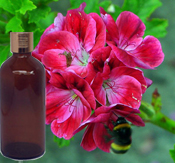
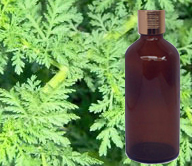
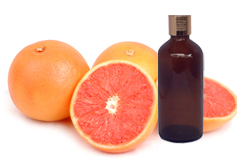
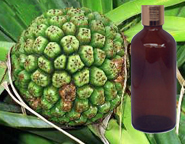
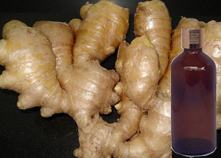
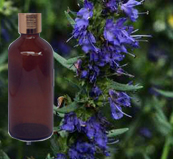
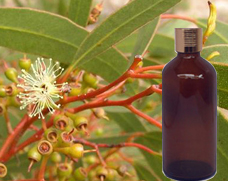
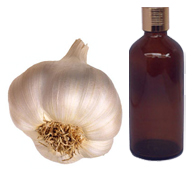
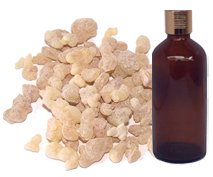
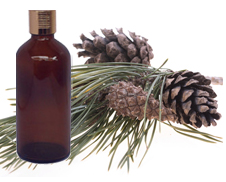
 E-mail:
E-mail:  MSN:
MSN: SKYPE:
SKYPE: